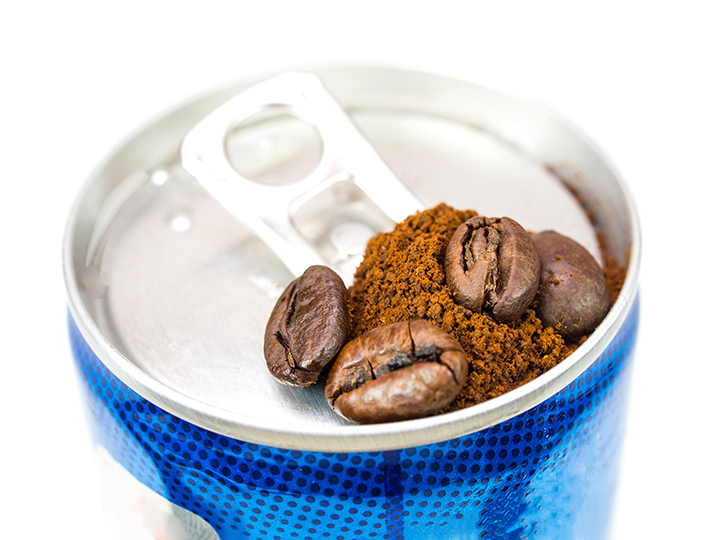Researchers warn the stimulants found in energy drinks can increase blood pressure, heart rate, and have harmful effects on the nervous system.
Energy drinks often contain heavy doses of caffeine and added sugars. Researchers from the U.S. Centers for Disease Control and Prevention report that children and teens are now getting less caffeine from soda, but more from caffeine-heavy energy drinks and coffee.
“You might expect that caffeine intake decreased since so much of the caffeine kids drink comes from soda,” said Amy Branum, a statistician at the CDC’s National Center for Health Statistics. “But what we saw is that these decreases in soda were offset by increases in coffee and energy drinks.”
The American Academy of Pediatrics states that caffeine and other stimulant substances contained in energy drinks have no place in the diet of children and adolescents.
Some of the dangers of energy drinks include:
- Dehydration (not enough water in your body).
- Heart complications (such as irregular heartbeat and heart failure).
- Anxiety (feeling nervous and jittery).
- Insomnia (unable to sleep)
What Can You Do?
- Teachers and other school staff can educate students about the danger of consuming too much caffeine, including energy drinks.
- Coaches can educate athletes about the difference between energy drinks and sports drinks and potential dangers of consuming highly caffeinated beverages.
- School nutrition staff can provide only healthy beverages such as fat-free/low-fat milk, water, and 100% juice if extra items (i.e., a la carte items) are sold in the cafeteria.
- Parents, school staff, and community members can join the school or district wellness committee that sets the policies for health and wellness and establish or revise nutrition standards to address the sale and marketing of energy drinks in school settings.
- Everyone can model good behavior by not consuming energy drinks in front of kids.
If they need extra energy, they can always get a boost from exercise. “Children should focus on healthy habits, not supplements that don’t make us healthier,” Varela said.
For more information visit: CDC

